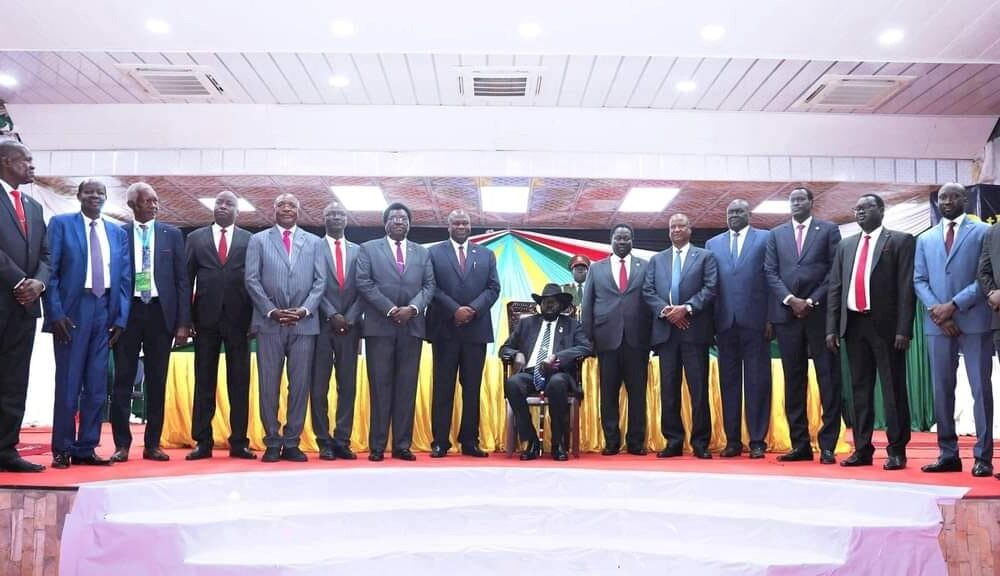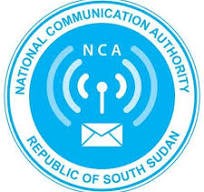By Yiep Joseph
The 8th Governors’ Forum has recommended the controversial National Security Service (NSS) Act be returned to parliament for amendment to remove certain provisions that had drawn widespread criticism.
Early this year, lawmakers passed the controversial National Security Act 2014 (Amendment) Bill 2024, which gives the NSS the right to arrest suspected criminals either with or without a warrant.
The lawmakers maintained the two sections, 54 and 55, of the bill, which give the agency the ability to arrest.
The bill was passed by voting after the parliamentarians failed to reach a consensus, with some urging the scrapping of the two sections as demanded by a section of the civil society.
Although the bill received a lot of objection from opposition parties, civil society organizations, and international letters, it became law by default after spending 30 days in the office of the president without his assent.
While the forum supported the need for a strong security apparatus, it has recommended the need to remove some parts of the bills, particularly those sections that gave national security powers to arrest.
“National Assembly to amend National Security Act, to address serious concern about part of it,” the recommendation partly read.
According to the recommendations read out during the closure of the 8th Governors forum, the lawmakers are instructed to relook at the law and ensure that some parts of the National Security Act are removed.
Also on the forum, it was recommended that all governors and chief administrators open political space in the state and administrative areas.
The forum also recommended the need to address border disputes within and with the neighboring countries.
Continuously, the First Deputy Speaker, who is also the deputy chairperson of the opposition SPLM-IO, Oyet Nathaniel, disagreed with the passing of the bill. He demanded the deletion of the two sections.
Also, the executive director for community empowerment for the Progress Organization, Edmund Yakani, had earlier criticized the lawmakers for passing the controversial National Security Bill, claiming that it violated the presidency’s decision to remove sections 54 and 55 of the law.
“It is essential to reform the National Security Services law in conformity with standards and principles of the bill of rights and international treaties of the United Nations that South Sudan ratified and is a state party to,” Yakani said.
Troika countries and friends of South Sudan have also expressed grave concern over the passing of the National Security Service (NSS) Act (amendment bill 2024) retaining the powers to arrest without warrants.



